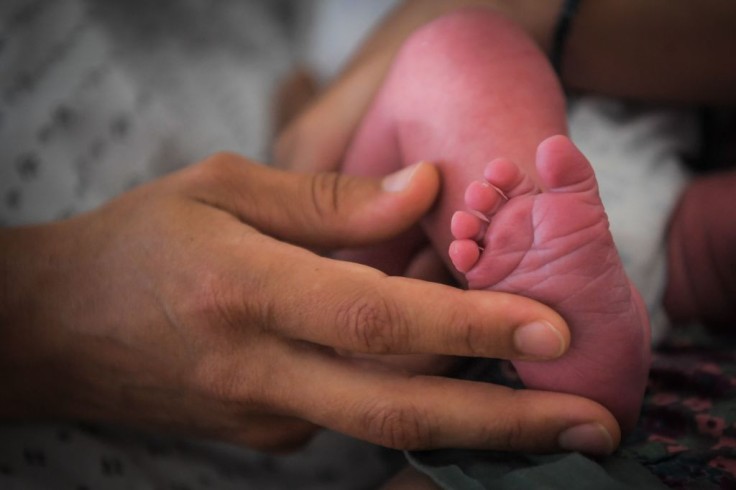
A key point in the Arizona abortion law that will allow the prosecution of women, doctors, and providers who abort a fetus with a genetic abnormality, has been temporarily blocked. U.S. District Judge Douglas Rayes said its criminalization is "unconstitutionally vague" and must be clarified.
The judge also underscored a portion of the law that may be incorrectly misconstrued, which requires providers to inform the woman that it's illegal to get an abortion for a genetic abnormality. Rayes said that the Arizona abortion law doesn't bar the procedure for such cases; however, those liable could be prosecuted if the doctor knew the woman's real motives before the procedure.
"This problem is exacerbated by the reality that the decision to terminate a pregnancy is a complex one," Rayes said in his order. "Often is motivated by a variety of considerations, some of which are inextricably intertwined with the detection of a fetal genetic abnormality."
What This Means for Women
The injunction means that women whose pregnancies have been diagnosed with genetic abnormalities, such as Down syndrome, may get an abortion. Doctors who provide the abortion will also not be liable for prosecution or prison time if the order is in effect.
National Council of Jewish Women Arizona president Civia Tamarkin said that this order had given the choice back to the women who may face a very complex and difficult future if they go on with the pregnancy. Supporters also said they remain confident that the law will prevail amid the discrimination against women's reproductive rights.
Gov. Doug Ducey signed the Arizona abortion law, or Senate Bill 1457, in April 2021. Except for the provisions on pregnancy termination for genetic abnormalities, its implementation has taken effect as of September 29.
However, the preliminary injunction is not a win for pro-abortion advocates because other aspects of the law are still in effect. For instance, the judge has not blocked the provision on categorizing fetuses, fertilized eggs, and embryos as "people" who have the same constitutional rights as other human beings.
More Court Battle Ahead
Meanwhile, about 90 new abortion restrictions will still be enacted by states across the country this year after Republicans in the legislature have pushed harder on efforts to restrict or ban abortion procedures. The Guttmacher Institute said that these restrictions had been the highest in years, signaling a threat in the landmark Roe v. Wade ruling from 1973, which established a nationwide right to abort a baby before the 24th week of pregnancy.
It comes as judges have declined to block the Texas abortion law that only allows abortion before the sixth week of pregnancy. On the other hand, judges in Missouri have also put a hold on its abortion law, which has the same provisions as Arizona and South Dakota on genetic abnormalities. The hold is currently under appeal with the 8th U.S. Circuit Court of Appeals.